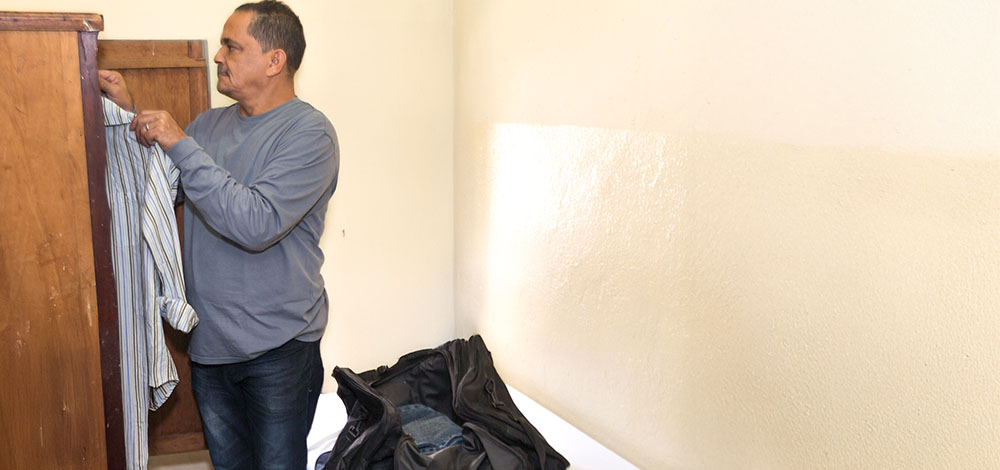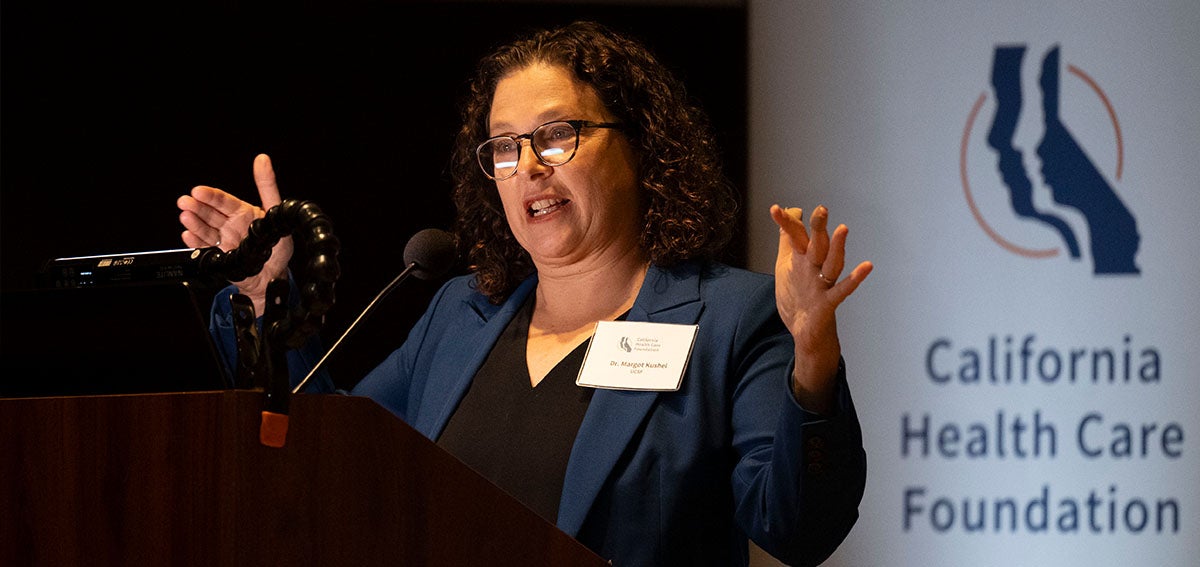Medical respite care, also known as recuperative care, is defined as acute and postacute care for people experiencing homelessness who are too ill or frail to recover from a physical illness or injury on the streets or in shelter but who are not ill enough to be in a hospital. Although programs vary in size and organization, they all share the same basic structure: short-term residential care that allows people experiencing homelessness the opportunity to rest, recover, and heal in a safe environment while accessing medical care and other supportive services.
Medical respite care differs from traditional medical model settings by centering on care coordination and connection to community resources. It is uniquely centered between health and housing continuums and requires a distinct approach to care.
The Guiding Principles of Medical Respite Care (PDF) were developed with formal input from medical respite care providers and clients, then integrated with existing best practices. The principles should underpin all programs and service delivery and help decisionmakers ensure that care is centered on the needs of the people being served. The four principles are:
- Trauma-informed care
- Client-centered practice
- Collaborative care
- Disrupting the cycle of homelessness
This paper was developed with CHCF support.




